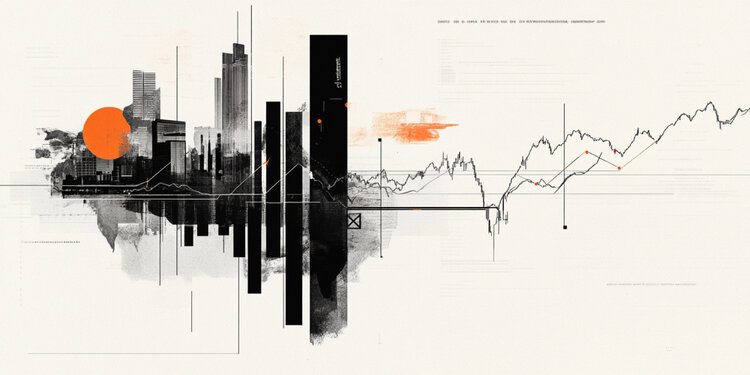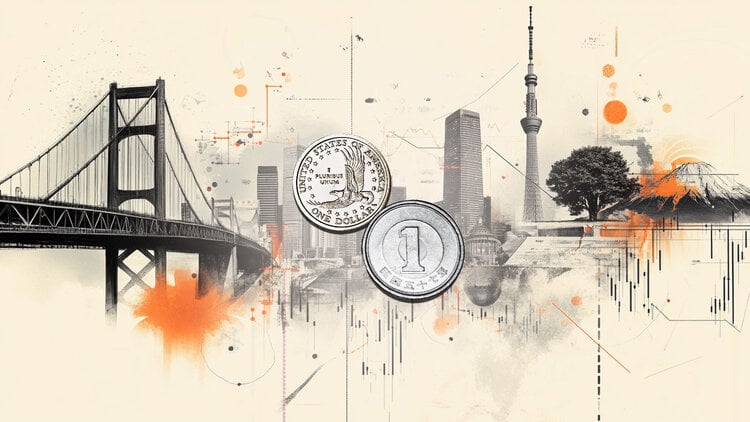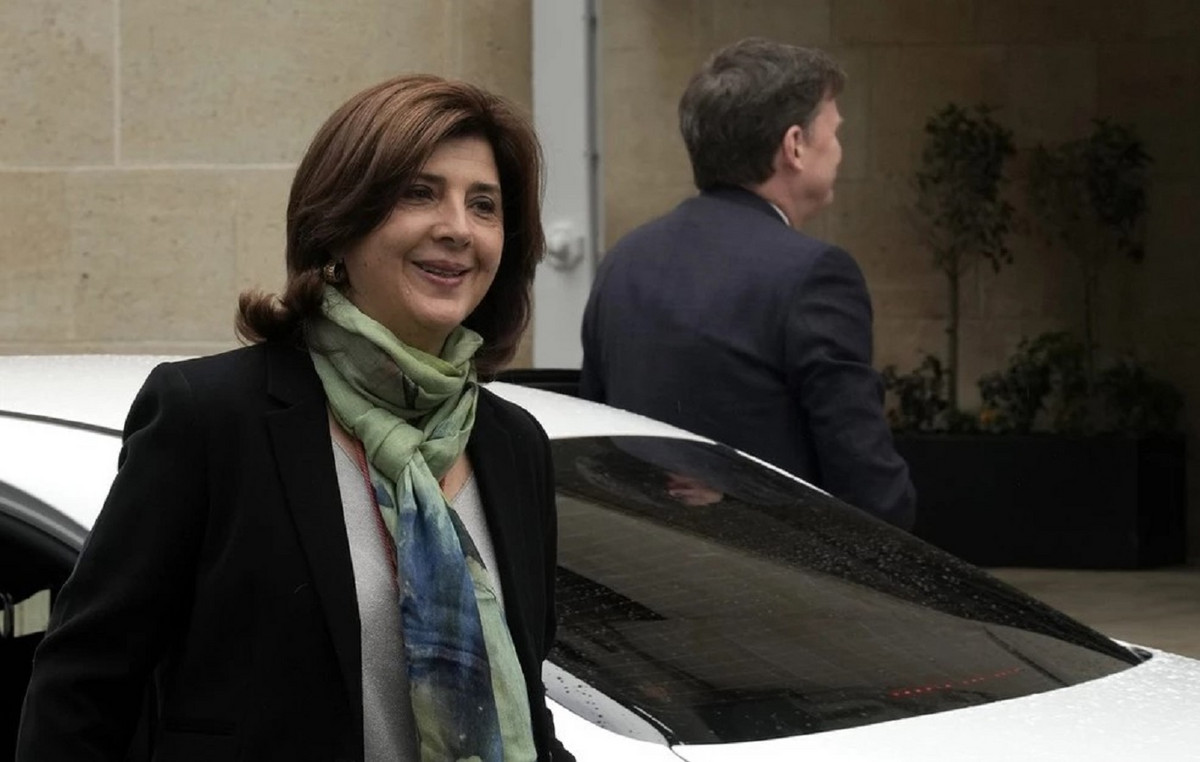Japan’s core consumer prices rose 4.0% year-on-year in December, double the central bank’s 2% target, hitting a new 41-year high and keeping market expectations alive that the bank central bank can phase out the ultra-low interest rate.
But analysts are divided on whether the Bank of Japan can raise rates this year, given uncertainty whether wages will rise enough to offset the impact of rising living costs and keep inflation around 2% sustainably.
“Companies are no longer as cautious about raising prices. We may see inflation above the Bank of Japan’s 2% target by autumn this year,” said Yoshiki Shinke, chief economist at the Dai-ichi Life Research Institute.
“But wages are key. If inflation remains around 2% and Japan registers significant wage increases, the Bank of Japan could normalize monetary policy. If he deems the pace of salary increases insufficient, there is an equal chance he will stay the course,” he said.
December’s rise in the core consumer price index, which excludes volatile fresh food but includes oil costs, was in line with market expectations and followed a 3.7% year-on-year gain seen in November.
It was the fastest annual increase since December 1981, when the index also rose 4.0%.
The result exceeded the central bank’s 2% target for the ninth consecutive month, with price hikes on goods ranging from hamburgers and fries to air conditioning.
The core core, which eliminates both fresh food and energy costs, rose 3.0% year-on-year in December, accelerating from a 2.8% rate seen in November.
A closer look at the data, however, shows that Japan has yet to face the risk of spiraling wage inflation that has pressured central banks in the United States and Europe to raise interest rates.
The main driver was energy prices, which rose 15.2% year-on-year in December from 13.3% in November.
Source: CNN Brasil
A journalist with over 7 years of experience in the news industry, currently working at World Stock Market as an author for the Entertainment section and also contributing to the Economics or finance section on a part-time basis. Has a passion for Entertainment and fashion topics, and has put in a lot of research and effort to provide accurate information to readers.







